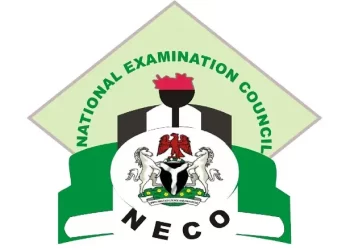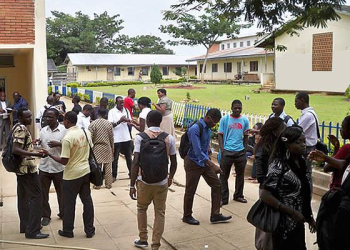The Speaker of the House of Representatives, Femi Gbajabiamila has said the parliament intervention will end the ongoing strike by the Academic Staff Union of Universities.
Gbajabiamila who had already summoned a stakeholders’ meeting to resolve the crisis that had led to lecturers shutting down the universities for over seven months spoke on Tuesday.
The Speaker had invited the Minister of Finance, Budget and National Planning, Zainab Ahmed; Minister of Labour, Employment and Productivity, Chris Ngige; Minister of Education, Adamu Adamu; the national leadership of ASUU and other critical stakeholders to a meeting on Tuesday.
The Academic Staff Union of Universities (ASUU) embarked on strike in February, halting academic activities in public universities.
The federal government has met with the leadership of ASUU multiple times to resolve the union’s demands, but there’s yet to be headway.
Gbajabiamila, in his remarks at the opening of plenary on Tuesday after the National Assembly returned from its two-month annual break, pointed out that the lawmakers owe the intervention to Nigerian youths and Nigeria’s future.
Speaking on Tuesday, Gbajabiamila said “evidence abounds” that the government-sponsored tertiary education system is “no longer working”.
He said, “It has become necessary for the House to intervene in the extended face-off between the Academic Staff Union of Universities and the Federal Government. This current impasse is due primarily to disagreements over conditions of service of the staff and funding of universities in general.
“Therefore, this afternoon, alongside the leadership of the House and the relevant committees, I will meet with representatives of the ASUU. Our agenda is to explore whatever options there are for parliament to help resolve the present crises so that our children can return to school.
“It is long established that access to education, more than anything else, is key to unlocking prosperity and improving social mobility outcomes in any society. And we all agree that the government has a role in ensuring that our nation’s young people get a quality education that allows them to compete and thrive in the 21st-Century knowledge economy.
“Yet, evidence abounds that the current framework of government-sponsored tertiary education is no longer working as it should and hasn’t worked for a long time. Our immediate goal is to do everything to get our children back to school. However, the time has also come to begin a candid assessment of the current system and to consider all available options for complete reform. We owe this to our children and to our nation’s future.”
The leadership of the house of representatives is currently having a meeting with the ASUU leadership and representatives of the federal government.









